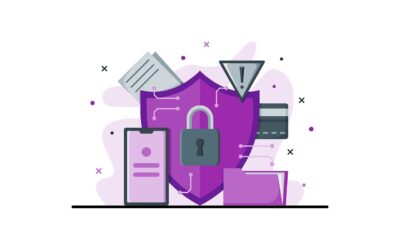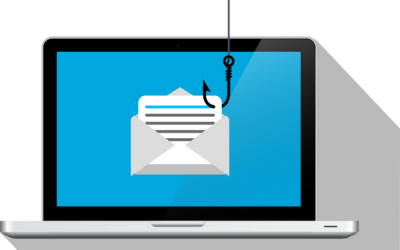Social media might make it easy to stay connected, but it comes with a lot of negative side-effects–particularly in regard to security for both personal and professional use. If social media isn’t used properly, it could spell trouble for your organization. How can you foster proper social media usage so that your organization doesn’t suffer from poor security practices? It all starts by spreading awareness.
There are a lot of reasons why social media can be troublesome. For one, it’s simply not safe, regardless of your age or profession. Many people use the Internet’s anonymity to provide a considerable vector for attacking others. Some might just be trolling others and bothering them, but sometimes this can go too far. Children nowadays who find themselves on social media may be subject to all manner of harassment from their peers, and it’s all thanks to the Internet giving the perceived notion that nothing that they do on it has consequences.
The other more business-minded side of social media attacks come in the form of phishing scams and other attacks on sensitive information. Hackers will stop at nothing to steal information of value from both individuals and companies. You might be surprised by how much value a hacker can get out of your personally identifiable information. Many users share sensitive information like their address, phone number, email, and much more, all often publicly on display on social media profiles.
Other times, hackers might take advantage of phishing tactics to weasel information out of users. They can be surprisingly crafty in these endeavors, going as far as impersonating people that you know. They might send personal messages in hopes that you’ll respond and give them the opportunity they need to steal your information.
It’s clear that you need to be smart about what you post and when you post it, but what’s the best way to do so?
For starters, it’s important to remember that everything you do on social media can likely be traced back to you. That status that you made about the workplace or an unsavory comment about a client could come back to bite you in the future. Be conscious about what you’re posting and ask yourself if it really needs to be out in the public domain. Chances are that it doesn’t. This will also keep you from sharing pictures of your meals, which is a bonus for pretty much all of your social media connections.
Second, be careful of any information that you share with anyone over social media. If someone is messaging you out of the blue and asks you for something personal, perhaps you should think twice before telling them your bank account number or Social Security number. If there is ever any doubt about whether or not the one messaging you is genuine, a simple rule is to not give up anything of value to suspicious people on social media.
Do you feel vulnerable over social media? Fill out the form below and we’ll help you feel secure again!
7 New and Tricky Types of Malware to Watch Out For
Malware is a huge threat in the digital world. It can cause a lot of damage and cost people a lot of money. As technology advances, so do the tactics used by cybercriminals....



